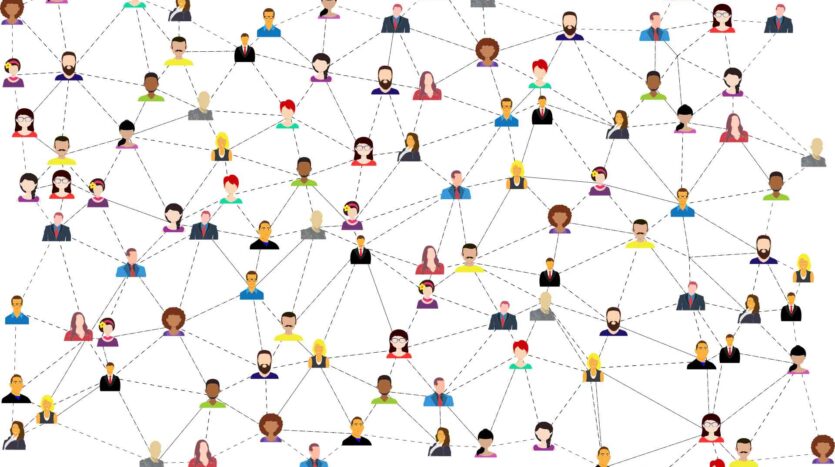The Impact of Social Media on Family Relationships
Social media has become a ubiquitous part of modern life, and its impact on family relationships has been significant. While social media can provide a range of benefits, such as increased connectivity and access to information, it can also have negative effects on family relationships. In this article, we will explore the impact of social media on family relationships.
Increased connectivity
One of the primary ways that social media has impacted family relationships is by increasing connectivity. Social media platforms like Facebook, Instagram, and Twitter allow families to stay in touch with each other regardless of their physical location. This has made it easier for families to communicate and share information, particularly with those who live far away.
Changes in communication patterns
Social media has also changed the way that families communicate with each other. Instead of relying solely on phone calls or face-to-face conversations, family members may communicate through social media platforms. This can result in more frequent, but less meaningful, interactions. Social media conversations can also lack the nuance and context of in-person conversations, which can lead to misunderstandings and miscommunications.
Addiction and distraction
One of the negative impacts of social media on family relationships is addiction and distraction. Social media can be incredibly addictive, leading family members to spend more time on their devices than interacting with each other. This can create a sense of disconnection within the family and lead to feelings of loneliness and isolation. In addition, social media can be a distraction during family time, such as meals or family outings, leading to a lack of engagement and meaningful interaction.
Comparisons and envy
Social media can also lead to comparisons and envy within families. Seeing the highlight reels of other families’ lives on social media can create feelings of inadequacy and jealousy. This can lead to strained relationships within the family, particularly if family members feel like they are not living up to the expectations set by social media.
Privacy and oversharing
Social media can also impact family relationships by blurring the lines between public and private. Family members may share intimate details of their lives on social media, leading to feelings of discomfort and embarrassment among other family members. In addition, social media can make it easier for family members to share information about each other without their consent, leading to breaches of privacy and trust.
Cyberbullying
Another negative impact of social media on family relationships is cyberbullying. Cyberbullying can occur within families, particularly among siblings or between parents and children. Social media can make it easier for family members to engage in hurtful or aggressive behavior, which can lead to strained relationships and long-term psychological damage.
Conclusion
Social media has had a significant impact on family relationships. While it has increased connectivity and made it easier for families to stay in touch, it has also changed communication patterns, led to addiction and distraction, created envy and comparisons, blurred the lines between public and private, and increased the risk of cyberbullying. Families should be aware of these potential negative impacts and take steps to mitigate them, such as setting boundaries around social media use and prioritizing in-person interactions.


